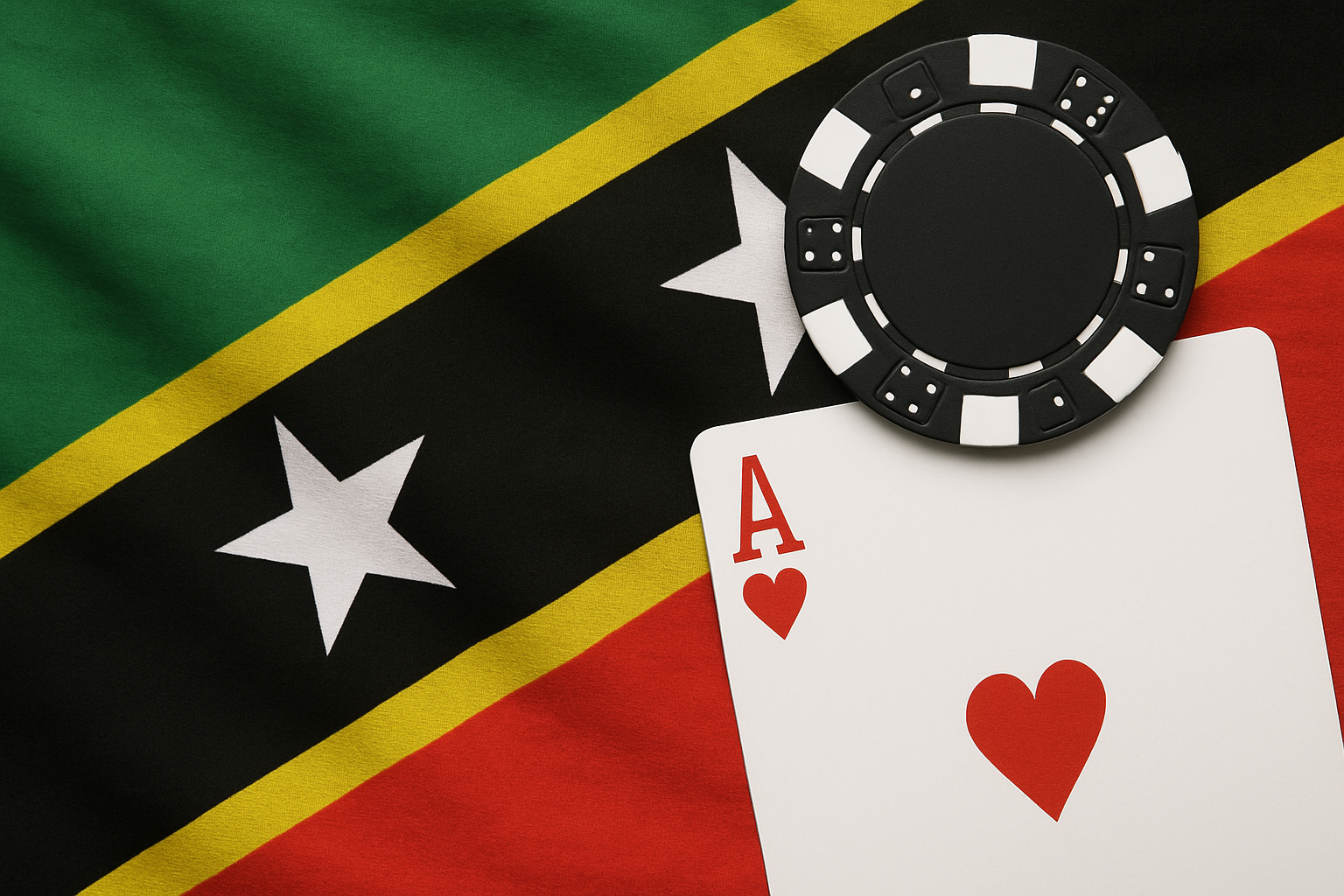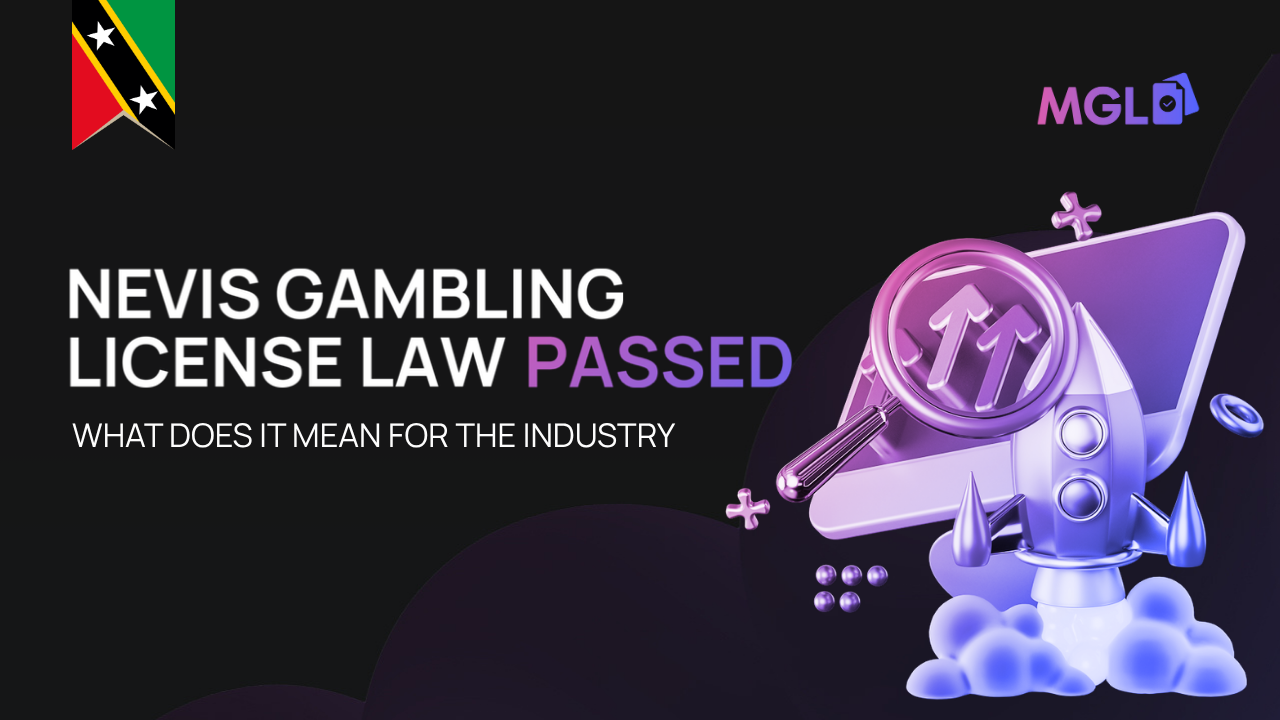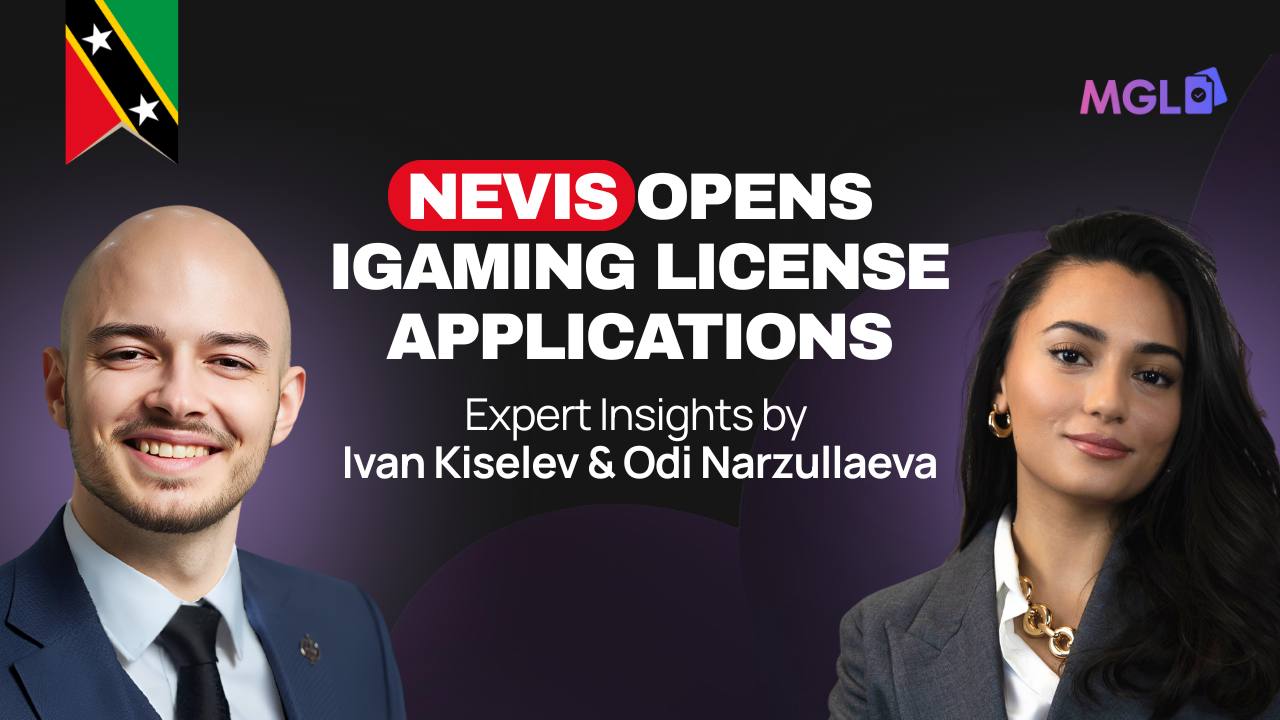The iGaming industry has been waiting for it for some weeks. Before, Nevis officially approved the Nevis Online Gaming Bill, 2025, now it’s time for the Nevis Online Gaming Ordinance.
These laws not only set the foundation for a regulated online gaming industry but also put Nevis on the map as a new iGaming jurisdiction. Both are opening the door for licensed operators seeking a new framework.
In this article, we will figure out what is in the bills and why it matters for the whole industry.
What is in the Laws
The main goal of the legislation is to set a legal framework for regulating online gambling on the island. That’s why the law regulates different aspects, from the regulatory authority and licensing categories to anti-money laundering (AML) requirements.
The Regulatory Body
First, the law established the Nevis Online Gaming Authority (NOGA), which is a dedicated regulator responsible for issuing licenses, supervising operators, and ensuring compliance with the law. The authority can also suspend and revoke them if rules are broken. It’s responsible for monitoring operators, checking compliance, and investigating violations.
Licensing Categories
The legislation offers two categories of licensing:
- Business to Consumer License (B2C) – for companies providing gambling services directly to players.
- Business to Business License (B2B) – for companies providing software or services to gaming operators.
Both will be typically valid for one year, with an option to renew annually upon successful compliance review.
Licensing Requirements
Regardless of the type of gaming services operators offer, they have to meet requirements set by the legislation.
Under the bill, it’s required to register a local company on the island, typically an International Business Corporation (IBC). The company should have a transparent ownership structure and a strong financial position.
The law also sets high standards for integrity and financial reliability. Before operators obtain a license, they need to provide core corporate documents, like a structure diagram, certificate of incorporation, memorandum and articles of association, certificate of good standing, as well as a certificate of incumbency to prove their reliability.
In addition to paperwork, they must develop internal policies covering AML, Know Your Customer (KYC) procedures, responsible gaming with players’ limits and self-exclusion, data protection, and information security.

Technical and Operational Compliance
Next, operators will demonstrate that their gaming services are secure and fair, and protect players against fraud and hacking. Operators must use Random Number Generators (RNG) for fair play. Plus, all transactions and gaming data must be securely stored for at least five years. To prove that, they will pass independent audits and technical inspections.
Application Process
The law sets the specific application process. Operators have to gather personal and corporate documents, declarations of key persons, internal policies, and technical documentation.
After submission, NOGA will conduct thorough due diligence on financials, ownership, and personnel — while also reviewing technical compliance.
After successful evaluation, the license is issued electronically. For transparency, the licensee is also listed in a public register and receives an interactive seal confirming their licensed status.
Responsible Gaming
The new legislation requires operators to meet the requirements of responsible gaming practices. The law highlights player protection measures, dispute resolution measures, and ethical advertising standards. All these measures aim to avoid targeting minors or vulnerable persons.

Prohibited Jurisdictions
The bill also requires operators to block access to players from some jurisdictions, where the license is restricted. This includes the USA, UK, Netherlands, France, Germany, Austria, Spain, Australia, St. Kitts & Nevis itself, and FATF blacklisted countries.
Why It Matters for the iGaming Industry
Nevis positions itself as a Tier-1 jurisdiction, aiming to take a place alongside Malta or the Isle of Man.
For years, operators have looked for licenses that are both credible and not very expensive. Now they have a real alternative to well-known jurisdictions with high costs and quite strict requirements.
This makes the Nevis license attractive for both startups and established gambling companies looking for a high-standard license. On the flip side, the island offers a fast licensing process for 2-3 months.
As an international jurisdiction, Nevis is creating modern legislation that balances strict compliance with operator flexibility.
Under the legislation, operators must implement AML measures, data protection, responsible gaming policies, and other international best practices.
This enhances the credibility of the jurisdiction and builds trust among players, banks, and potential partners.
What’s Next
While the law is now approved, the regulations are not yet finalized. It may be premature to register a legal entity on the island or gather documents. Many of the details — including specific requirements and timelines — are still being worked out.
Things may change before it becomes fully operational. Operators and service providers should keep a close eye on updates as the framework is finalized and licensing becomes available.Now that both the Nevis Online Gaming Bill, 2025 and the Nevis Online Gaming Ordinance are officially in force, the licensing framework is no longer just a draft.
That means it’s time to register a local legal entity, gather your personal and corporate documents, and get your application ready.
Many of the details — including specific requirements and timelines — are clear, and early applicants benefit from faster approval and stronger market positioning. You just need professional assistance to jump on the bandwagon.















.svg)


